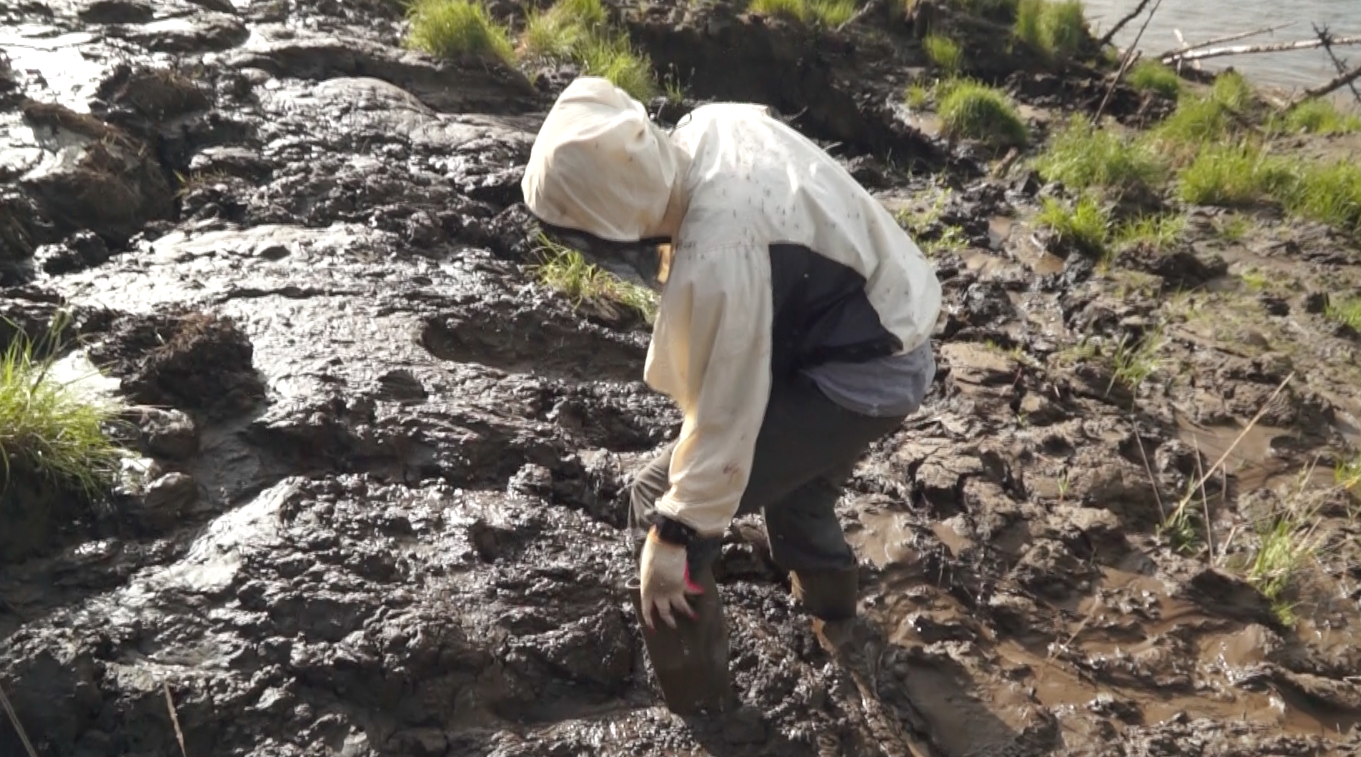CHERSKIY, RUSSIA -- Granted, spending two weeks in northeastern Yakutia in early July presents a visitor with about the fewest discomforts here of any time of year. By contrast winters are, well, Siberian: January average temperatures here along the Kolyma river are -33F; the two-hour long days are gloomy if not downright dark for months on end; the ground is frozen and fresh produce all but non-existent. “You know for most people in Russia the word Kolyma is synonymous with ‘Gulag,’" said Nikita Zimov as we drove from the airport to the scientific base here. “You can't get sent further than this."
But summer days here have reached 80°F repeatedly, with lovely sunshine and flowers dotting the landscape. Yet there are some warm weather challenges. The mosquitoes are the one most scientists warned me about most vociferously. Exiting the propeller plane from Yakutsk they immediately swarmed me and my fellow American travelers, feasting on fresh skin. We struggled to swat and avoid them. "You can't kill them all," Zimov, 33, said, applying a fresh coat of DEET to his face and hands.
You cover up, you douse with chemicals, but they relentlessly encircle and bite and die as you smush them. More appear instantly. Mosquitoes on your camera, mosquitoes covering your hands, mosquitoes alive and dead inside your notebook, mosquitoes biting both hands at one time through gloves, through pants, through $80 bug shirts. I am unaccustomed to constant involuntary provision of blood samples and yet the Russian scientists are patient with my fussing.
Another risk is less common, but even more potent: quicksand. No longer an exotic danger commonly portrayed in popular culture, a wet version of the hazard can nonetheless be found here when ancient mud is exposed by erosion, its escaping carbon soon to accelerate global warming. Exploring an outcropping of organic soil called Divani Yar two hours boat ride on the Kolyma with Zimov and his father Sergey, we were told to step only on soil with grass or sticks on it.
But I misstepped and found one leg stuck knee deep. Pushing to escape with the other leg, both were immobilized. A videographer started filming me and I cursed him. Sergey urged me to wiggle out. “Just in case forget about your boots,” he said. Otherwise, the mud “will start to move like liquid” and envelop me up as I flailed. “In only two months a big storm will come and we will find your body on the shore,” he added.
Somehow I retrieved the boots and my legs, only, of course, to be beset upon by a fresh wave of bugs. Soon enough we were in the safety of a surging skiff on the river, the wind freeing us from earth and insects alike.
